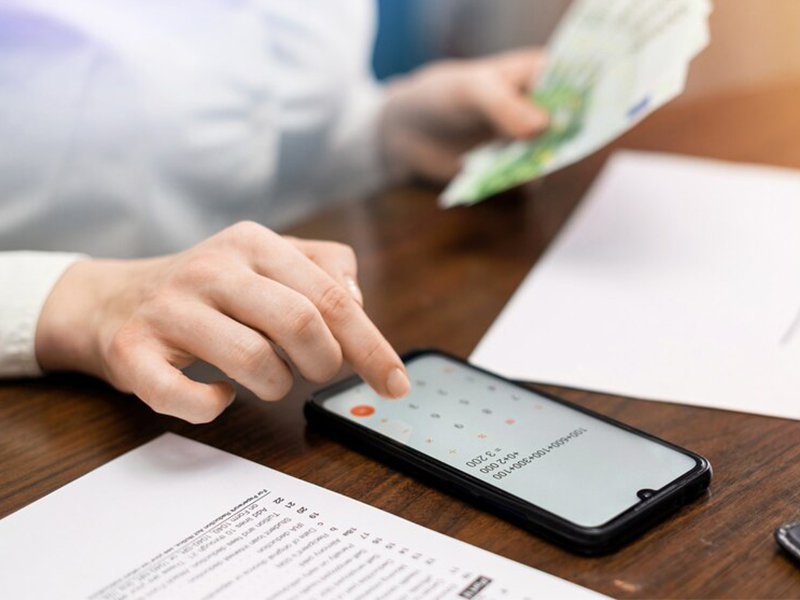
The first-time home buyer will almost always have a number of questions when it comes to purchasing a home, especially regarding financing and expenses. These aspects can be tricky to navigate and are often a source of confusion for those with little to no experience in real estate transactions.
One of the most important costs associated with buying a home is the down payment. Conventional wisdom suggests that buyers should put down an initial payment of at least 20%. However, this isn’t a hard and fast rule. Let’s dive deeper into your options and whether that 20% is the best course of action for you.
What Exactly is a Down Payment and Why is it Important?
A down payment is earnest money; it signals to the lender and the seller that you’re serious about making the purchase and are financially capable of maintaining your mortgage payments. For banks and lenders, especially, requiring a down payment from the borrower reduces the risk of them just walking away and defaulting on the loan.
Paying a down payment also benefits you as a buyer. The amount of money you put up is deducted from the total purchase price, which equates to smaller monthly payments and reduced interest rates over the span of your home loan.
To give an example, let’s say you’re looking to buy a house that costs around $400,000. A 10% down payment would be $40,000 upfront, while a 20% down would be $80,000 upfront. This is a considerable difference, and in some cases will rule out some homebuyers. However, as we will see if you can manage to pay that 20%, you’re in a stronger financial position in the long run.
Where the “20% Down Payment Rule” Came From
Before Private Mortgage Insurance (PMI) came into the picture, banks required homebuyers to put down a hefty 20% of the home’s purchase price. This was essentially a safeguard for the banks in case the borrower couldn’t keep up with their mortgage payments, especially during tough times.
With a 20% down payment, banks felt more secure. It meant buyers had a significant stake in the home, which made them less likely to default on their mortgage. Additionally, if the worst happened and the borrower did default, the bank could sell the home quickly to recover their losses because the buyer had already invested a substantial amount upfront. So, the 20% down payment requirement was both a protection for the bank and a means for them to sell homes swiftly during economic crises.
How Much Should Your Down Payment Be?
Your down payment depends entirely on the type of mortgage loan you’ve taken out, so it doesn’t necessarily mean 20%. A conventional mortgage has a minimum down payment of 3%. For FHA loans, this goes up to 3.5% for borrowers with a minimum credit score of 580, and 10% for those with a credit score of 500-579. Jumbo loans have a bigger requirement of 5 to 10%.
There are also Veteran Affairs (VA) and U.S. Department of Agriculture (USDA) home loans, which are zero-down-payment loans to help certain groups of people attain homeownership. These groups include veterans and surviving spouses for VA loans and individuals purchasing a rural property for USDA loans.
Smaller vs. Larger Down Payment: Which is Right or You?
While generally costing more in the long run, putting down less than 20% may be suitable if saving enough is too much of a challenge. Several factors come into play when considering this approach, including household income, the risk of depleting savings with a larger down payment, and any existing barriers to homeownership, such as higher housing costs, lack of income stability, and existing debts.
However, there’s also a strong argument for putting down 20% or more. A 20% down payment offers benefits such as lower monthly payments, better terms, and no PMI. Smaller down payments lead to higher long-term costs, including bigger loans, higher interest rates, and PMI.
Exploring homes for sale in Ibis or West Palm Beach? The Telchin Group LLC can assist you. Eric Telchin is a top real estate agent in Palm Beach Gardens, and he is committed to helping buyers reach their real estate goals.
To get a personalized consultation, contact The Telchin Group at 561.301.0249 or send us an email here.

